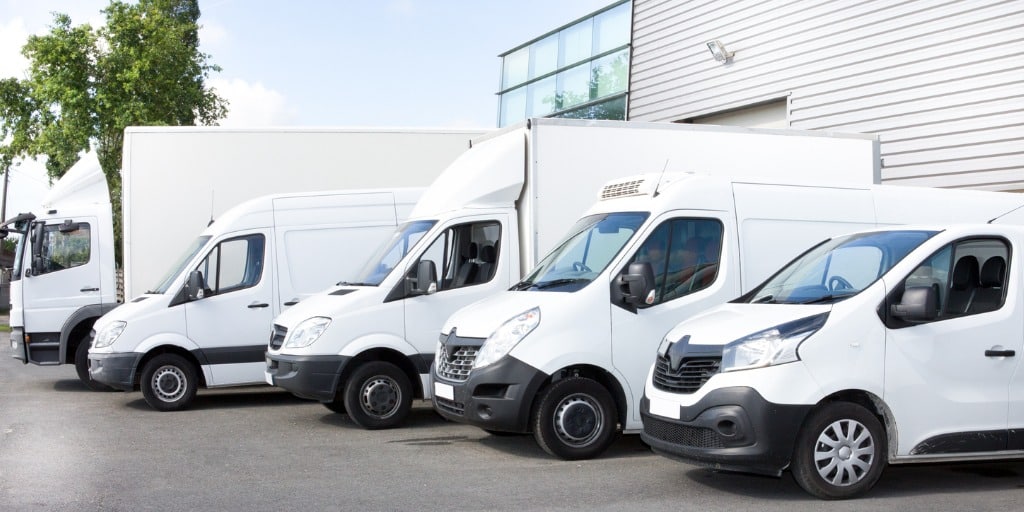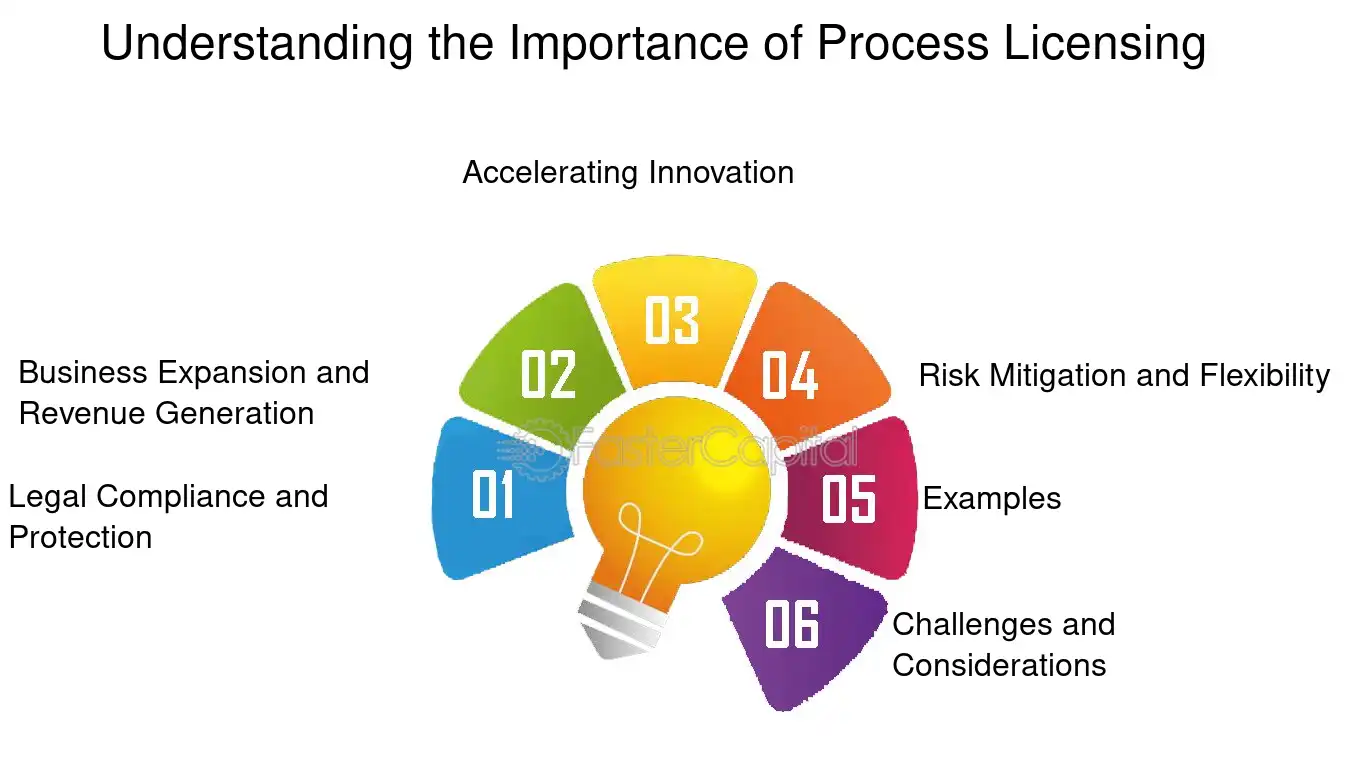Introduction
Commercial trucks are the unsung heroes of modern commerce, serving as the lifeblood of industries that depend on the efficient transport of goods. From delivering essential supplies to remote areas to moving products across international borders, these trucks are vital for the smooth operation of global supply chains. Whether in logistics, retail, construction, or agriculture, businesses of all types and sizes rely on commercial trucks to meet their transportation needs. With the rise of e-commerce and global trade, the role of commercial trucks has become more critical than ever.
The Role of Commercial Trucks in Business
Commercial trucks are essential for keeping the economy moving, facilitating the transport of raw materials, finished goods, and everything in between. These vehicles support industries by providing a reliable and efficient way to move products from manufacturers to consumers, warehouses to retail outlets, or ports to distribution centers. In retail and e-commerce, commercial trucks ensure that products ordered online are delivered promptly, often under tight timelines. In industries like construction and agriculture, trucks carry the heavy equipment and materials necessary for project completion and crop distribution.
Without these trucks, many businesses would struggle to operate efficiently, and supply chains would break down. Whether it’s the daily transport of goods or the long-haul delivery of industrial materials, commercial trucks provide the flexibility and reliability needed to support the ever-growing demands of the global marketplace.
Different Types of Commercial Trucks
Commercial trucks come in various sizes and configurations, each designed to serve different purposes within the business world. From small vans and pickups to massive tractor-trailers, the type of truck a company uses depends on the specific needs of its operations. Light-duty trucks, often used for local deliveries or by small businesses, are nimble and efficient for short trips. Medium-duty trucks serve businesses that need to transport bulkier goods or travel greater distances, striking a balance between load capacity and mobility.
On the other end of the spectrum are heavy-duty trucks, which are integral to industries requiring the transport of large, heavy goods over long distances. These trucks are the workhorses of logistics, construction, and large-scale manufacturing. They ensure that the heaviest loads—whether machinery, construction materials, or raw commodities—arrive safely and on time. Specialty trucks, customized for niche industries like waste management or emergency services, play specific roles in supporting infrastructure and public safety.
Economic Impact of Commercial Trucks
Commercial trucks not only facilitate the transport of goods but also fuel the economy. In countries like the United States, the trucking industry is a multi-billion-dollar sector, directly contributing to the national GDP. Without these vehicles, the flow of goods—whether domestic or international—would slow dramatically, causing economic stagnation. This is because trucks carry the vast majority of freight by road, making them indispensable for trade and commerce.
The economic contribution of commercial trucks extends beyond the goods they transport. Millions of people are employed within the trucking industry, from drivers to dispatchers to logistics professionals. Additionally, industries like manufacturing and retail are heavily dependent on the seamless operation of trucks to distribute their products. If trucking were to halt, these sectors would face significant setbacks, leading to supply chain disruptions and higher operational costs.
The Future of Commercial Trucks: Technological Advancements
As industries evolve, so too does the technology that drives commercial trucks. Recent innovations are poised to transform the trucking industry in significant ways. Electric trucks are increasingly being developed by companies aiming to reduce carbon emissions and operational costs. With growing environmental concerns and government regulations on emissions, electric trucks offer an eco-friendly alternative to traditional diesel-powered vehicles. Though still in the early stages, these electric trucks have the potential to lower fuel costs and contribute to a more sustainable future.
Another major technological advancement on the horizon is the development of autonomous or self-driving trucks. While fully autonomous trucks are still in the testing phase, they represent the future of long-haul transportation. These vehicles are expected to reduce human error, improve safety, and enhance fuel efficiency by optimizing routes and driving patterns. The introduction of automation could significantly change how the trucking industry operates, lowering labor costs and increasing productivity.
Fleet management is also becoming more sophisticated with the integration of telematics. Businesses now have the ability to monitor their fleet in real-time, tracking everything from fuel usage to driver behavior. This data-driven approach allows companies to optimize routes, ensure driver safety, and reduce operating costs. The combination of telematics, automation, and electric technology will likely redefine the future of commercial trucking, making it more efficient, sustainable, and cost-effective.
Conclusion
Commercial trucks are the backbone of modern business, enabling the movement of goods and materials that keep industries running. From local deliveries to cross-country hauls, they ensure that businesses of all sizes can meet their operational needs. Their economic impact is vast, supporting millions of jobs and facilitating trade across the globe. With technological advancements like electric vehicles, autonomous driving, and telematics on the horizon, the future of commercial trucks promises to be more innovative and sustainable than ever. As industries continue to evolve, commercial trucks will remain a crucial component of global commerce.

